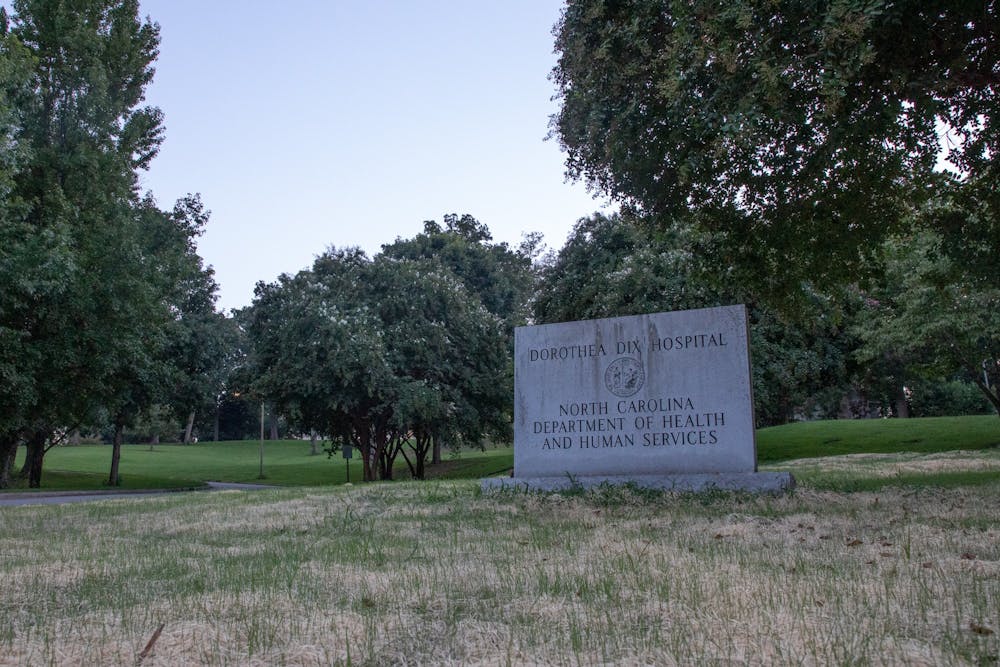The N.C. Department of Health and Human Services’ Office of Rural Health celebrated its 50th anniversary on Nov. 16 — which was also National Rural Health Day.
The office served 618,070 patients in rural communities across the state during the 2022 fiscal year and had 240 contracts. It also maintains a number of health centers in rural communities in North Carolina.
The economic impact of the office in the 2022 fiscal year totaled over $53 million, of which $25 million was paid to the employees as compensation.
Maggie Sauer, the director of the office, said the office was the first of its kind in the nation.
They operate a training program for healthcare workers — the Community Health Worker Training — through North Carolina community colleges.
In October 2014, NCDHHS started the Community Health Worker initiative to help rural communities train and find practitioners who can serve them in rural parts of North Carolina. As a result of the initiative, the NC Community Health Worker Summit came together for policymakers, community members and health workers to work toward rural healthcare solutions.
“The United States as a country faces a shortage of primary care practitioners in almost all rural areas in the country," George Pink, the deputy director of the North Carolina Rural Health Research Program, said.
According to the 2023 North Carolina Rural Health Snapshot, rural residents are 40 percent more likely to be uninsured and eligible for Medicaid expansion, which will go into effect on Dec. 1.
“The federal government has all kinds of programs, loan repayment programs and so on to encourage primary care physicians and others to locate rural areas,” Pink said.



